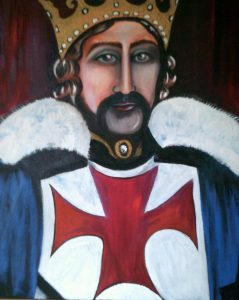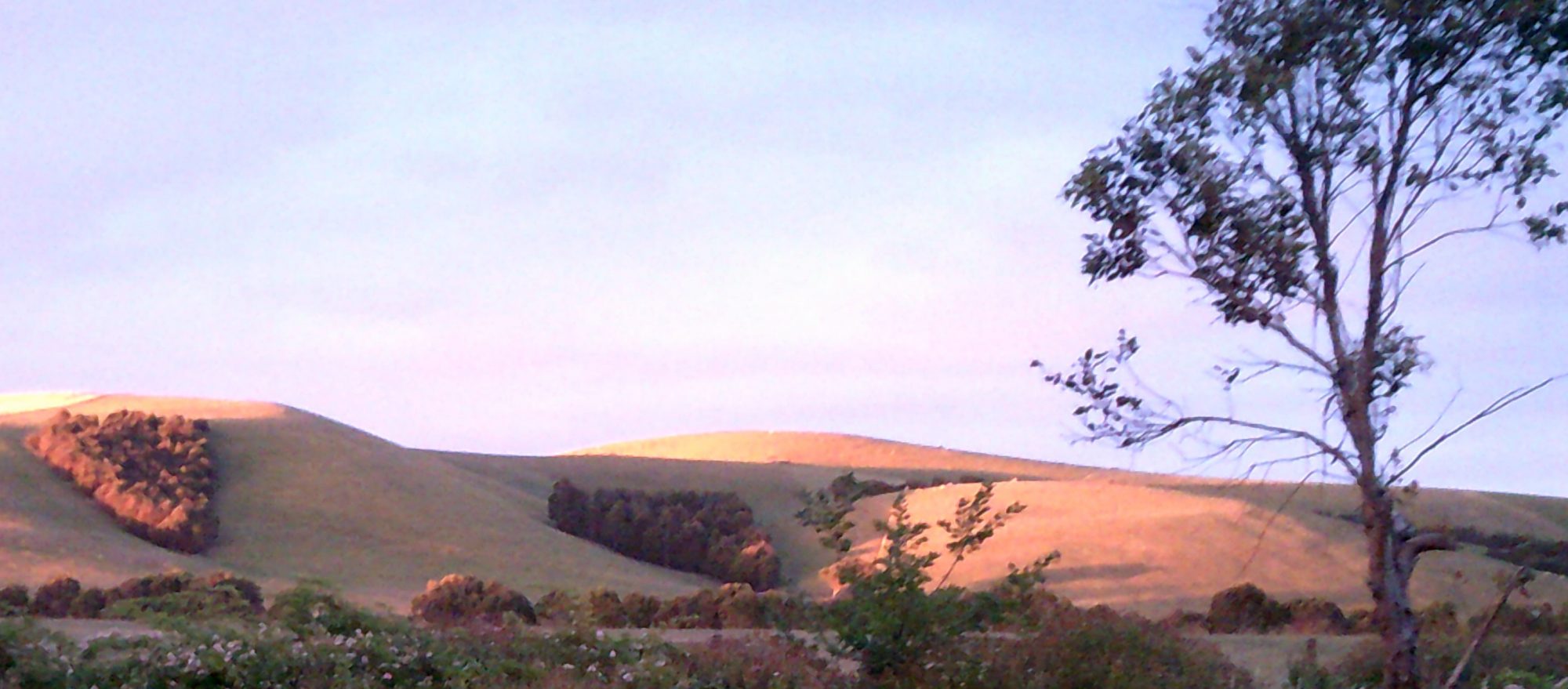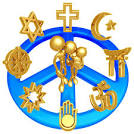
It is important to understand that heritage and politics have long been a crucial element in British identity. British political history is complex and generally never considered when evaluating an individual’s family life or behaviour, it is nonetheless, a guideline to the values and emotions that become encapsulated in the individual and familial beliefs. For example, I might describe my family as having originated from the Whigs, a party that sat in opposition to the less conservative Tory factions of the British Parliament and which in today’s culture are regarded as the conservatives. However, the Whigs were a political party whose origins lay in constitutional monarchism and in opposition to absolute monarchy, so this may not seem to be a conservative view.
The Whigs played a central role in the Glorious Revolution of 1688 and were the standing enemies of the Stuart kings (and pretenders), who were Roman Catholic. King James II promulgated policies of catholic tolerance which after 1685 met with increasing opposition from members of the leading political circles who were also troubled by the King’s close ties with Catholic France, these policies divided opinion and would have lasting effects.
The Glorious Revolution of 1688, was the overthrow of King James II of England (James VII of Scotland) by a gathering of English Parliamentarians together with the Dutch protestant William III, Prince of Orange, who was James’s nephew and son-in-law. William’s successful invasion of England with a Dutch fleet and army led to his ascension to the throne as William III of England jointly with his wife, Mary II, James’s daughter. [1] The Whigs took full control of the government in 1715. It had been enabled by the Hanoverian succession of George I in 1714 and the failed Jacobite rising of 1715 led by Tory rebels and it remained totally dominant until King George III came to the throne in 1760, which allowed the Tory factions back into the government. [2] [3]
I did say that that British politics was complex? Well, today the Tories would be the conservatives and the Whigs liberals. You see identity and policy do not always coincide.
The word ‘Tory’ is the pejorative term, derived from the Irish Gaelic-speaking Catholic rebellion meaning ‘outlaw’ or ‘brigand’. In the last quarter of the seventeenth century the outlaws were those against the attempt being made to put the Duke of York, a Catholic, on the throne after the death of his older brother Charles II.[4] The word ‘Whigs’, is the term (also pejorative) that was derived from a rather vulgar Scottish expression – ‘Whiggamore’ – usually applied to any kind of rebel, it literally means ‘horse-thief’. [5]
Here we have the roots of a nineteenth century politics where both the Whigs and the Tories hailed from the aristocracy, because these are the people who have the power in the social, cultural and political setting. Only the rich are considered able to rule.
William of Orange and his wife Mary kept the English throne in the British family as Mary was the daughter of King James VII and William was the son of Charles I’s daughter, but this did not sit well with the Scots and they started the revolt known as the first Jacobite Rising (1689), which was led by Viscount Graham of Claverhouse, known as Bonnie Dundee and the Grand prior of the Knights Templars in Scotland. The King’s Army finally defeated them.
A second Jacobite rising took place on 1745 under the leadership of “Bonnie Prince” Charles Edward Stuart. He was successful at first and was confirmed on the throne as Charles III on 24 September 1745. He also became the Grand Master of the Order of the Temple of Jerusalem. He was defeated by the English troops in 1809 when there was a dispute over sovereign loyalties between the two sons of King George III, Prince Edward, Duke of Kent (Queen Victoria’s father), (who was a Freemason) and his brother, Prince Augustus Frederick, Duke of Sussex, (who was a Knights Templar). Many of the Knights Templars were loyal to the Stuart household.
Edward tried to transfer their support to the House of Hanover, but failed. As a compromise he created a Templar branch within the existing masonic structure under the protectorate of the Duke of Kent.
The masons followed the English York Rite of Freemasonry while the chivalric Templars followed the Scottish Rite under the protectorate of Prince Edward James Stuart.
The exiled Stuarts in France and Italy were involved in the growth and dissemination of Freemasonry, more specifically of the Scottish rite that had higher degrees and held more mysteries than the other Masonic systems. One of the best-known Masons of the Scottish Rite was Charles Edward’s cousin and mentor, the Comte de St Germain. The Stuart Rite was based on established rights and privileges, and on the wish to initiate its members into the true antiquity and pedigree of the Craft. In England the secrecy of the Lodges was allegedly used to plot against the Whig and the Hanoverian dynasty.
Refrences.
[1] https://en.wikipedia.org/wiki/Glorious_Revolution
[2] https://en.wikipedia.org/wiki/Whigs_(British_political_party)
[3] George was born in Hanover and inherited the titles and lands of the Duchy of Brunswick-Lüneburg from his father and uncles. A succession of European wars expanded his German domains during his lifetime, and in 1708 he was ratified as prince-elector of Hanover. At the age of 54, after the death of his second cousin Anne, Queen of Great Britain, George ascended the British throne as the first monarch of the House of Hanover. Although over 50 Roman Catholics were closer to Anne by primogeniture, the Act of Settlement 1701 prohibited Catholics from inheriting the British throne; George was Anne’s closest living Protestant relative. In reaction, Jacobites attempted to depose George and replace him with Anne’s Catholic half-brother, James Francis Edward Stuart, but their attempts failed. https://en.wikipedia.org/wiki/George_I_of_Great_Britain
[4] http://general-history.com/tory-conservative-whig-liberal/
[5] https://en.wikipedia.org/wiki/Whigs_(British_political_party)

